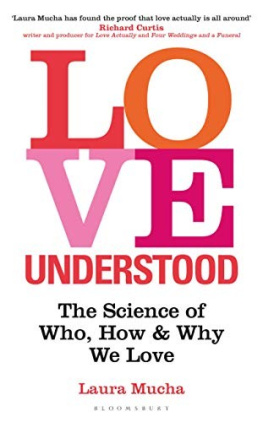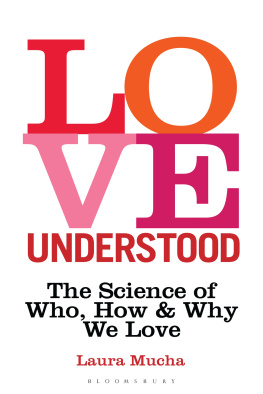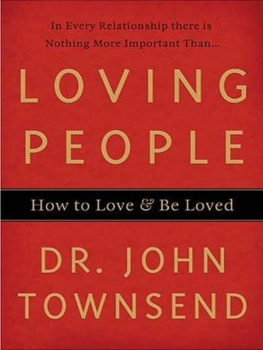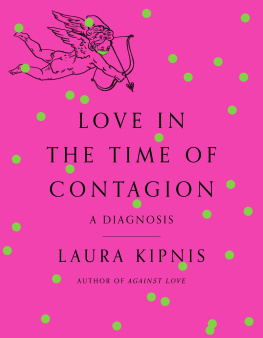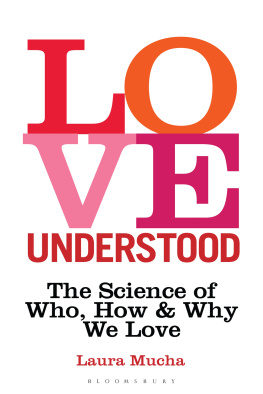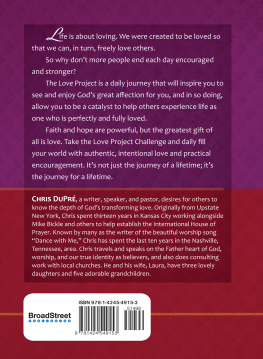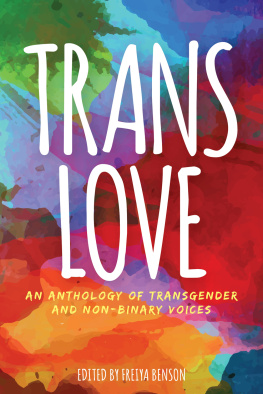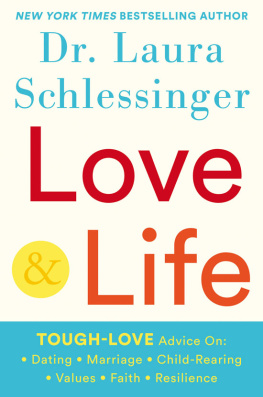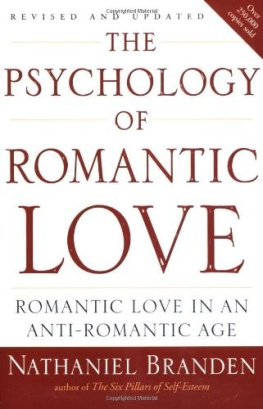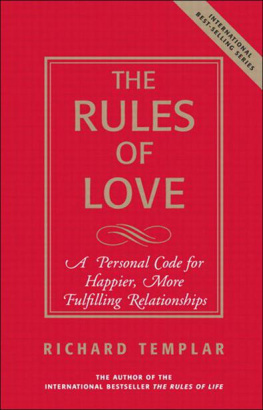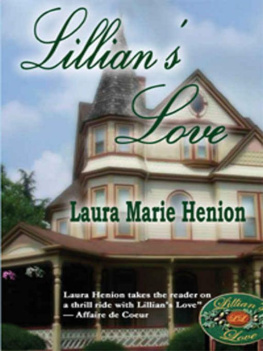
Also available in the Bloomsbury Sigma series:
P53: The Gene that Cracked the Cancer Code by Sue Armstrong
Spirals in Time by Helen Scales
A is for Arsenic by Kathryn Harkup
Breaking the Chains of Gravity by Amy Shira Teitel
Herding Hemingways Cats by Kat Arney
Death on Earth by Jules Howard
The Tyrannosaur Chronicles by David Hone
Soccermatics by David Sumpter
Big Data by Timandra Harkness
Goldilocks and the Water Bears by Louisa Preston
Science and the City by Laurie Winkless
Bring Back the King by Helen Pilcher
Furry Logic by Matin Durrani and Liz Kalaugher
Built on Bones by Brenna Hassett
My European Family by Karin Bojs
4th Rock from the Sun by Nicky Jenner
Patient H69 by Vanessa Potter
Catching Breath by Kathryn Lougheed
PIG/PORK by Pa Spry-Marqus
The Planet Factory by Elizabeth Tasker
Wonders Beyond Numbers by Johnny Ball
Immune by Catherine Carver
I, Mammal by Liam Drew
Reinventing the Wheel by Bronwen and Francis Percival
Making the Monster by Kathryn Harkup
Best Before by Nicola Temple
Catching Stardust by Natalie Starkey
Seeds of Science by Mark Lynas
Outnumbered by David Sumpter
Eye of the Shoal by Helen Scales
Nodding Off by Alice Gregory
The Science of Sin by Jack Lewis
The Edge of Memory by Patrick Nunn
Turned On by Kate Devlin
Borrowed Time by Sue Armstrong
For Mum and Ed
And Stefan and Halina Greiner loved and remembered

Contents
I must have been an exhausting child as I was always, always asking questions. But there was one topic that fascinated me more than most love and relationships.
Thats probably because I didnt meet my dad until I was 29. I had little or no interest in contacting him for most of my life, but eventually decided that I might regret it if I didnt at least try. So, after a bit of (very basic) detective work, I managed to get hold of his phone number. Then, after two years of doing nothing, I rang him. He answered. It was the afternoon of his fourth wedding, and he and his new wife were watching the rugby.
Without my genetic father on the scene, I lived with my mum and spent most weekends with my grandparents. My grandfather (I called him Dad) was organised, patient and loving at least with me. Apparently, he could be quite grumpy to others, but I cant really remember as he died when I was 11. I remember the phone ringing in the middle of the night it echoed up the stairs and filled my ears with news of his death. We rushed to the hospice (not sure why he wasnt going anywhere) to be greeted by his blue-grey corpse, theatrically draped in crisp white linen. His skin felt like cold wax. He was dead, and I was devastated.
I knew that losing him would have an impact on my life I just didnt know how. But it wasnt just losing him that affected me. When he died, I lost the only committed romantic relationship I had been able to observe that of my grandparents. As a result, I really struggled to understand what such a relationship could or should be. I had no idea what to expect and was left with countless questions: What is love? How does it change over time? Does love at first sight exist? What should you look for in a partner? How does your upbringing influence your relationships? Why do people cheat? Whats the difference between lust and love? Should love be unconditional? How do you know when its time to walk away?
From an early age in fact, for as long as I can remember I questioned, interrogated and informally interviewed virtually everyone I met about their relationships. As I grew older and started travelling the world, I spoke to even more people from a wider variety of backgrounds, listening to their intimate stories and personal philosophies.
I must have asked millions of questions and spent years thinking about this before I met a farmer when I was travelling around Argentina 10 years ago. He was 95 and had been married for a whopping 75 years. He didnt speak very much, but I really valued the advice of a man who had managed to make a romantic relationship last such a huge amount of time. Then it occurred to me I should document my investigations. I bought a recording device when I returned to England and started to carry it with me wherever I went.
Over the course of the next 10 years, I approached hundreds of people in airports, shops, markets, cafes, restaurants, bars, hospitals, parks, galleries, libraries, museums, buses, trains, planes and ships. I interviewed a pro American football player on a bus, a model who sat next to me on a plane, the bin man who worked at the local train station, people who were religious, atheist, agnostic, male, female, transgender, homosexual, heterosexual, bisexual, single, married, separated, divorced, widowed, with children, without children, pregnant, monogamous, non-monogamous, cheating, cheated on, entirely faithful. I interviewed people in French, Polish, Spanish and English. I travelled over a quarter of a million miles, interviewing people from eight to 95 years of age on every continent of the world.
I randomly approached people and asked if I could interview them, explaining that it would take as much time as they wanted (interviews ranged from four minutes to three hours). In most cases I recorded the interviews, although some people preferred not to be recorded. In these instances, I spoke to them while manically scribbling, then promptly wrote up my notes before I was unable to decipher my own handwriting (a trick I learnt early on as a lawyer).
I promised to preserve the interviewees anonymity and change specifics that might identify them, reassuring them that if they didnt want to answer a particular question they didnt have to and if they wanted to retract anything, they could. I tried to make it clear that these interviews werent about catching people out or showing them in a bad light they were about trying to understand love, and to share knowledge and experience with others across the world.
Trust, non-judgement and confidentiality were crucial without them, I wouldnt have received peoples honest accounts, particularly with trickier topics like infidelity. Unsurprisingly, studies have found that people are reluctant to confess to cheating one found that only 30 per cent of people initially admitted to infidelity, but during intensive therapy, a further 30 per cent confessed.
Recording, transcribing and editing the interviews gave me the time and space to digest and reflect on what I was hearing. And the more I thought about it, the more questions I had. So, I buried myself in academic textbooks and journals highlighting, tabbing and writing copious notes. Im not the only person to have been flummoxed by romantic love, but I may be one of the few with enough curiosity and stamina to really scrutinise it.
Initially, I focused on psychology and philosophy (which I studied at university), but I was soon delving into other subjects because, in order to really understand love, I wanted to attack it from all angles. Finally, my research
The research was vital in understanding love because what we think or say isnt always the truth and, whats worse, we may have no idea that what we are thinking or saying may not be true. As humans, we often try to find reasons for our behaviour. If we dont find someone attractive, we might blame it on their nose when it could actually be down to their pheromones or our attachment style. Academic theory and research (particularly neuroscientific studies or those involving physiological measures, such as heart rate, sweating, etc.) were necessary to explore the role of our subconscious, emotions and physiology.
Next page
